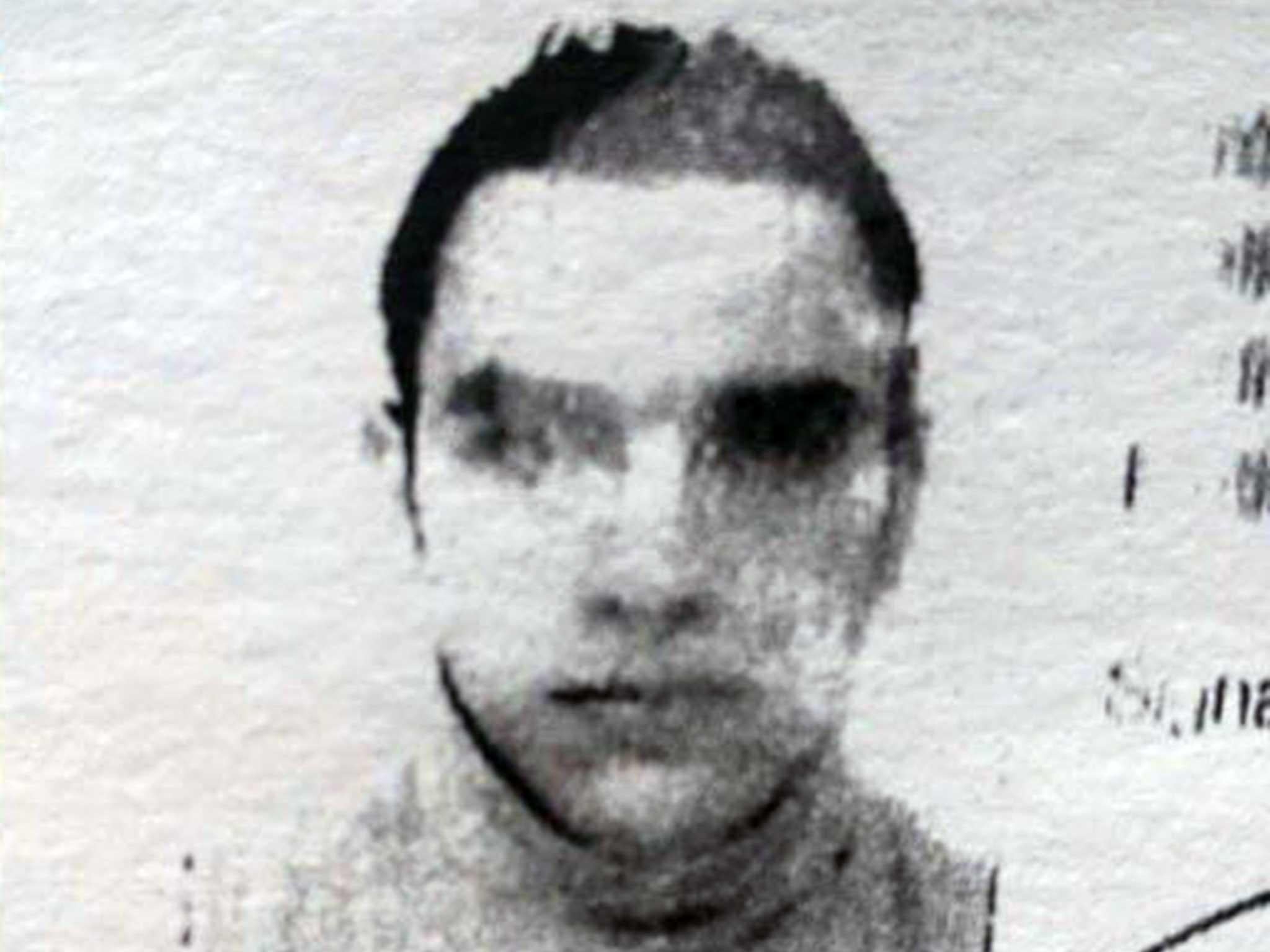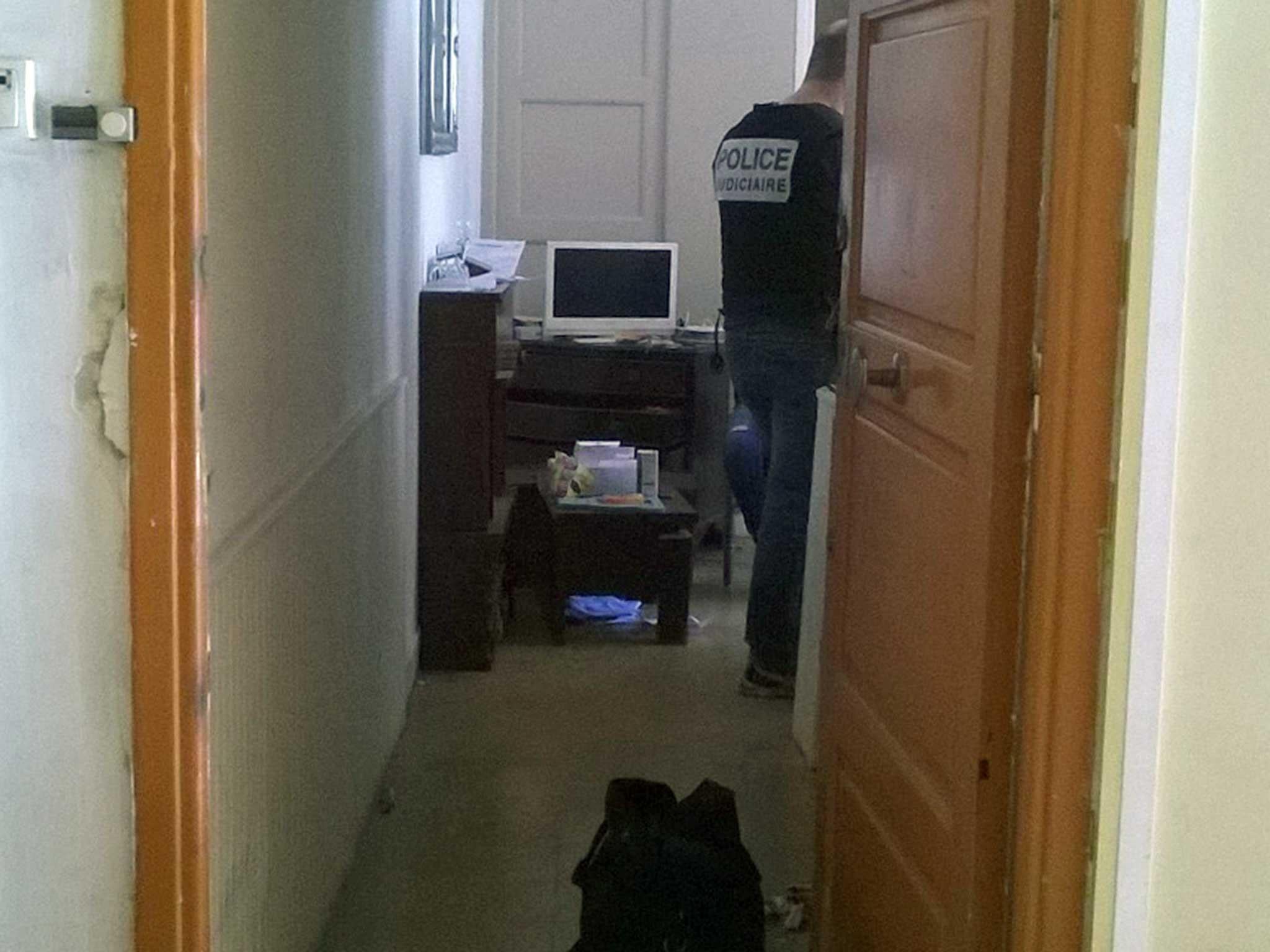'One day, you’ll hear about me' - the chilling words uttered by Nice killer before attack
Mohamed Lahouaiej Bouhlel described by a cousin of his wife as 'no Muslim' while one neighbour recalls one particular argument

On 11 July Mohamed Lahouaiej Bouhlel rented a 19-tonne refrigerated truck, paying the required deposit. He failed to return the vehicle, using it instead as a weapon in carrying out one of the deadliest terrorist atrocities ever seen in Europe, killing 84 people, including ten children, and injuring 202 others, 52 of them critically.
The 31-year-old former delivery driver and chauffeur, the father of three children, has been described by neighbours as being a drinker. One local resident even said that he overhead an arugent between Lahouaiej Bouhlel and another person where Lahouaiej Bouhlel - having been called "worthless" - uttered the chilling words "One day, you’ll hear about me".
The attack bore all the hallmarks of jhadist terror said French officials. Isis have previously issued instructions to use all means possible to conduct jihad, with the use of vehicles mentioned as one of the options. The devastating toll came from him mowing through Promenade de Anglais in Nice packed with 30,000 people celebrating Bastille Day - he travelled for just over a mile, and also fired on police using an automatic pistol.
However, unlike those that havoc wreaked by Islamists in France and Belgium in the past two years, there was no direct Syrian connection to this massacre. Instead, Lahouaiej Bouhlel’s introduction to a cult of death may have come in Tunisia, the birthplace of the Arab Spring.
His family came from the town of M’saken, near Sousse, the resort where 38 tourists, 30 of them Britons, were gunned down by Seifeddine Rezgui, a student, on the beach last June. The killings had been preceded by an attack at the Bardo Museum in Tunis, resulting in 22 deaths, which also had links to the Sousse area. Lahouaiej Bouhlel had, it appears, visited the Sousse on a number of occasions, the last time around eight months ago.
President François Hollande, arriving in Nice, declared: “We are facing a long battle because we have an enemy who will continue to hate all the people who enjoy liberty. The whole of France is facing the threat of Islamist terrorism.”

The state of emergency declared after the terror attacks in Paris last November is being extended. But the French authorities are insisting that they had no reason to suspect Lahouaiej Bouhlel of having terrorist links. He was known to be a petty criminal and some of his arrests were drugs- and drink-related. He had lost his job after falling asleep at the wheel of a lorry and crashing into a row of cars. In January he was found guilty of assaulting a man and given a suspended jail sentence. On Friday, his victim at the time decried that his attacker had been left free to carry out the slaughter “where is the justice here. This is a small world, so stop allowing them to walk free”, said Jean-Baptiste Ximenes.
Lahouaiej Bouhlel’s flat at the Abattoirs district, near Nice railway station, has been searched by police who had taken away what was described as “digital material”. They were also examining two mobile phones belonging to him. Neighbours and acquaintances of the killer held that there had been no sign of Muslim religious zeal in his behaviour; he seldom attended mosques, and consumed alcohol. He was also said to have been violent towards his wife, Hajer Khalfallah, from whom he was in the process of getting divorced. Her home, too, was searched by the police who are continuing to question her.
Walid-Hamou, who said he was a cousin of Lahouaiej Bouhlel’s wife, claimed her husband “mistreated her, he beat her up. He was bad, bad man. I don’t understand what’s happened, this man drank, took drugs, he was no Muslim”. Wissam, a neighbour, who came from the same town as the killer in Tunisia, said “he was even drinking just before he did this. He was heard arguing with someone who told him that he was worthless. Lahouaiej Bouhlel shouted back ‘One day, you’ll hear about me’”.

Lahouaiej Bouhlel’s slaughter spree has left behind profound loss and sorrow. Fatima Charrhi was among the first to die. Her son said: “All I can say is she wore a veil and practiced Islam the proper way: it was real Islam, not the version of the terrorists.” Some of those who survived have harrowing memories.
Simon Coates, a lawyer from Leeds said: “I saw one woman on the ground talking to her dead child. I had been separated from my wife, I turned around and followed the path the lorry took checking the people killed to see if she was one of them. I had to check every body, they were so disfigured the only reliable way I could check was to look for her bike and her shoes as most people were simply not recognisable.” Mr Coates’s wife had managed to escape; both of them remain in a state of shock.
Others witnessed acts of courage. Richard Gutjahr, a German journalist, said: “People were celebrating and the truck drove through them. Surprisingly, the truck driver drove very slowly. He drove slowly and he was chased by a motorcyclist who attempted to overtake the truck and even tried to open the driver’s door, but he fell and ended up under the wheels of the truck.” The motorcyclist is believed to be in a critical condition in hospital.
More than 50 young boys and girls were injured, many of them severely. At the city’s Foundation Lenval Hospital, two of the children died after being brought in. Many of the staff had been in tears while they worked without break. Frederic Sola, a paediatric surgeon, said: “There are very bad physical injuries but also great emotional hurt.” The patients and their families are being offered psychological counselling. Stephanie Simpson, as an official in administration, said: “Some of the grown-ups are in such shock that they cannot talk. But some of the children are talking, the psychologists have heard terrible things from the children, what they have been through has been so terrible, so terrible.”
This is the third time that France had been visited by terror in the past 18 months and there are accusations and recriminations. Pierre Lellouche, a former French Europe minister who was part of a commission of inquiry into the Paris attacks, said: “We need much better intelligence, much better coordination of intelligence inside France, among Europeans, with our neighbours controlling our borders. This is not happening fast enough.”
On the waterfront, Suzanne Mercier, laying flowers on the road, shook her head: “Words, we here so many words from the politicians, but these awful murders just continue. But, for the moment, I just want to think about my friend. She was just 24 years old. Her parents are on holiday, I don’t think they know yet that she is dead.”
Join our commenting forum
Join thought-provoking conversations, follow other Independent readers and see their replies
Comments
Bookmark popover
Removed from bookmarks